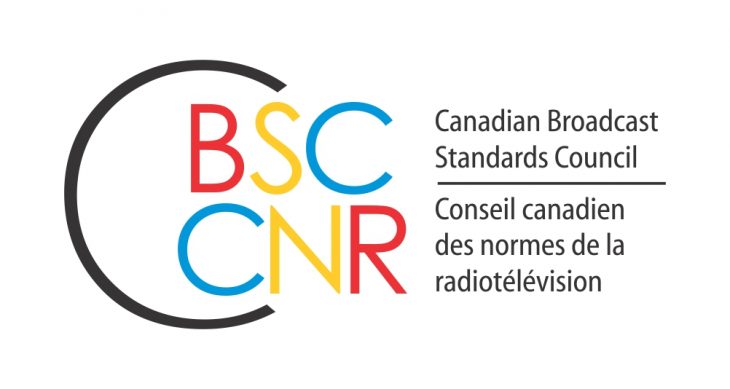
OTTAWA — CTV Toronto’s failure to disclose its shared ownership with Crave (both are owned by Bell Media) during a CTV News at 6 report in July about the streaming service’s reality show Canada’s Drag Race breached the Radio Television Digital News Association of Canada’s (RTDNA) Code of Journalistic Ethics, said the Canadian Broadcast Standards Council (CBSC) in a decision released today.
Furthermore, the CBSC determined CTV Toronto also breached the RTDNA’s journalistic ethics code by allowing language to be used which made the news report seem like a promotional spot for Crave, says the CBSC’s press release.
During the July 4 report, the newscast’s anchors introduced the piece about Canada’s Drag Race with the statement, “If you missed the debut on Thursday, the first episode of Canada’s Drag Race is now available on Crave.” The entertainment news report itself profiled one of the show’s contestants, who was from Kitchener, Ont.
A CTV viewer complained to the CBSC the same day, saying the news report was effectively an advertisement for Crave. He argued broadcasters should not be allowed to use their newscasts for this type of self-promotion, and he noted CTV had reported previously about Crave programming in its newscasts “with minimal to no references about the relationship between Crave and CTV”, according to the CBSC’s decision.
In its response to the complaint, CTV pointed out its entertainment news segments cover stories from all producers and distributors, not just ones related to its parent company Bell Media. CTV also stated Bell Media management had no influence on the news stories it covers.
In its press release, the CBSC says its English-language panel accepted there had been no interference from owners or management into the editorial decisions of the CTV news team. However, it did find CTV should have disclosed its relationship to Crave during the news report, to avoid the appearance of conflict of interest, as required by Article 4.0 (Integrity) of the RTDNA’s Code of Journalistic Ethics. In addition, CTV should have ensured the phrasing of the report’s introduction distinguished news content from advertising, as required by Article 2.2 (Fairness) of the code, says the CBSC.
CTV Toronto is now required to: 1) announce the decision, once during primetime within three days following the release of the CSBC’s decision and once more within seven days following the release of the decision during the time period in which CTV News at 6 was broadcast, but not on the same day as the first mandated announcement; 2) within 14 days following the broadcasts of the announcements, to provide written confirmation of the airing of the statement to the complainant who filed the ruling request; and 3) at that time, to provide the CBSC with a copy of that written confirmation and with air check copies of the broadcasts of the two announcements which must be made by CTV Toronto.


